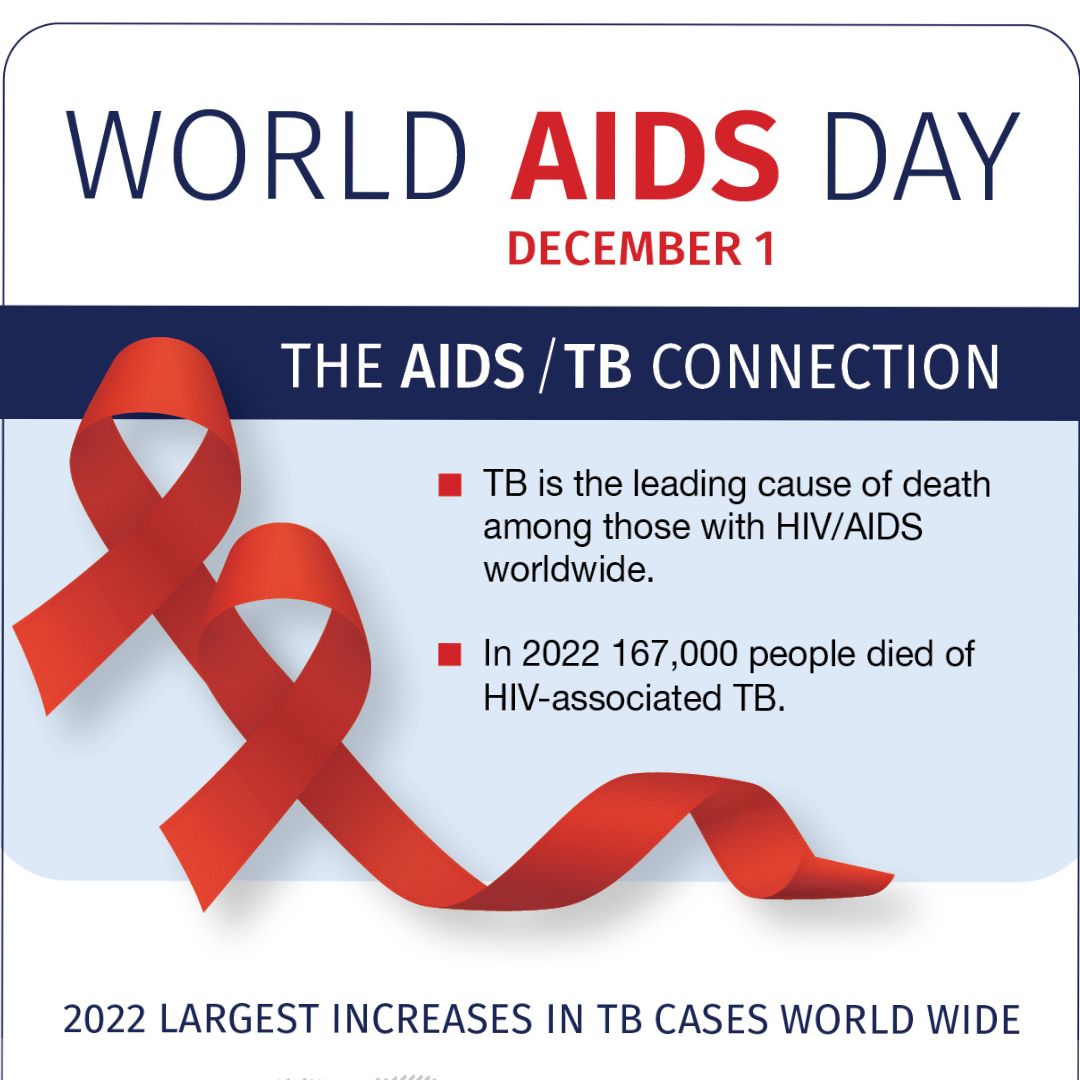8 August 2017 GENEVA - The Forum of International Respiratory Societies (FIRS) warns today of a new potential air pollution health hazard associated with burning coal.
Burning coal unintentionally produces tiny particles (or nanoparticles) of a highly unusual form of titanium suboxide, called Magnéli phases. When the particles are introduced into the air–unless captured by particle traps–they can float away from coal power plant stacks and travel with air currents over long distances. With strict environmental regulations, most nanoparticles are caught by particle traps in power plants. Where regulations are lax, they can spread widely. An article published today in Nature Communications found these nanoparticles were found on city streets and sidewalks in Shanghai, China. The nanoparticles, when inhaled enter into the lungs can find their way into the bloodstream. While human lung toxicity of the particles is not well established, the particles do have significant harmful potential. “These particles, and many other particle types, in part result in hazy skies that plague many countries, especially China and India,” said Dr. Michael F. Hochella, faculty at the Virginia Tech College of Science and the senior author of the article.
Burning of coal adversely impacts outdoor and indoor air quality and affects many people around the world. The World Health Organization (WHO) estimates that 92% of the world’s population live in areas with inadequate outdoor air quality, and this pollution contributes to 1 out of every 8 deaths. “Almost 3 billion people worldwide burn solid fuels indoors such as coal for cooking, and many more use solid fuels for heating their homes,” according to Dr. Akshay Sood, Professor of Medicine at the University of New Mexico and member of FIRS Environmental Committee. WHO indoor air quality guidelines unambiguously state that unprocessed coal should not be used as a household fuel. The newly discovered potential air pollution health hazard in this study builds on already established findings from the WHO. The findings of thousands of scientists have determined that the biggest driver of warming of the planet and the resulting climate change is the industrial-scale burning of coal. Use of cleaner fuels such as renewable sources may help combat air pollution and climate change.
About FIRS: The Forum of International Respiratory Societies (FIRS) is an organization representing the world’s leading international respiratory societies, speaking on behalf of the global respiratory community. Our primary mission is to promote respiratory health worldwide. FIRS, its member societies, their members, and the patients we serve, call for immediate action to reduce the burden of respiratory disease by supporting education and research to better treat respiratory disease, and to one day find cures.




